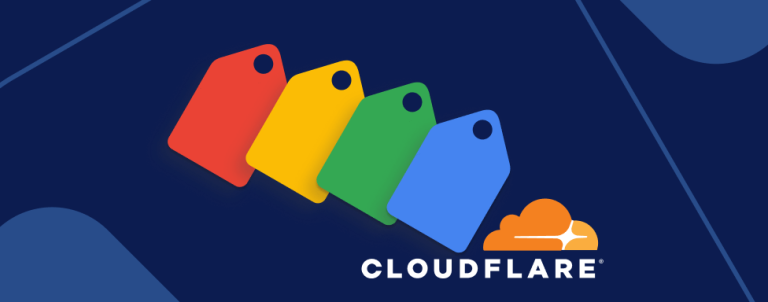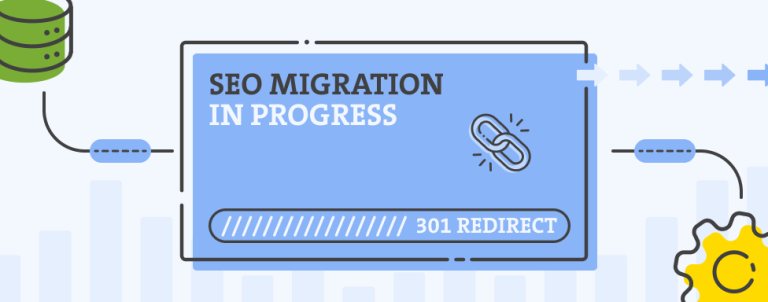On April 24th, Google released a major web-spam update to its index called Penguin. Although it reportedly affected “just” 3.1% of English search queries, it hit the most “optimized” SERPs and high value keywords, so it made a big noise in the SEO community. From the data we have so far, Google made this update to hit “over-optimized” websites. Those engaged in heavy SEO link-building / keyword stuffing / unnatural text / link anchor patterns.
I will tell you a secret of how I managed NOT to get negatively affected by any Google’s update since I started in the world of SEO back in 2005. I fear no Pandas, Penguins or Maydays and this is why:
I only do white-hat SEO. I read official Google blogs, watch their official videos and do what they tell us to do. It’s so simple, yet so many SEOs don’t get it.
The SEO industry is pretty big, yet I can see some official Google videos explaining some really useful things with just a few thousand views. Why don’t you listen to them? They are trying to help you. They tell you exactly what they want SEOs to do and SEOs just don’t wanna listen.
When the Panda hit, I thought people will finally get it, but nop, they continued using spammy SEO tactics. I fear Penguin update will be no different and that a big majority of SEOs out there will still use spammy SEO tactics.
So listen to key advice on your SEO tactics by a person who survived all of the Google’s updates since 2005. These are the top 3 things you need to do:
1. Create awesome content:
You heard it lots of times – content is king. Let me say it again: content is king. Repeat after me: content is king. What is content? It’s text, it’s images, it’s videos. What should this content consist of? It should consist of exactly what your visitor is searching for. Nothing more and nothing less. No magical formula for keyword density or number of images or amount of text. Just write / make exactly what your visitors need and that’s it!
Why does this work and why it will not hit me on the next Google update?
Because Google wants to deliver the best content for the search phrase the user has entered. If you have the best content for the query, Google is trying really hard to optimize the algorithm so that YOUR content is on the number one spot.
2. Promote awesome content but don’t spam:
We all want to see awesome stuff. This is why promoting awesome content is good. We don’t want to get spammed. This is why you shouldn’t spam.
Why does this work and why it will not hit me on the next Google update?
Because Google’s algorithms are not so advanced that they can know what’s the best content, they need to rely on content’s popularity. If you promote it to your audience and your audience likes it – retweets it, likes it on facebook, +1s it, links to it) its a sign to Google that they are satisfied with your content. But don’t spam them since Google cares about their searchers and wouldn’t like to show them on a number one spot for their query a website that got there due to spam and not due to having the best content.
3. Make your website’s navigation logical and easy to use:
Make important pages accessible. Make it easy for someone who landed “in the middle of your website” to figure out where he is and easily navigate from there. Make your site structure logical for the user, and Google will love it. Making unnatural anchor text link patterns will not help you in the long run.
Why does this work and why it will not hit me on the next Google update?
If user can easily find what he’s looking for, so will Google. If you make user happy, you make Google happy. It’s very simple. If you make navigation for Google and not for user, Google will not like it.
The number one question you need to ask yourself if you are getting outranked by your competitors:
1. Do I have the best content for that query?
It’s that simple. It’s the most important question to ask yourself. Don’t try to rank bad content. Don’t try to rank wrong content for the query. If your content sucks, create new content which is a better fit for the query.
And now you know. Now you know how to survive the Zebra attack that Google will eventually release and hit the SERPs (yea, these updates are usually named after black and white animals 🙂 ). I’d say “good luck”, but if you listen to this advice, you will not need it.



